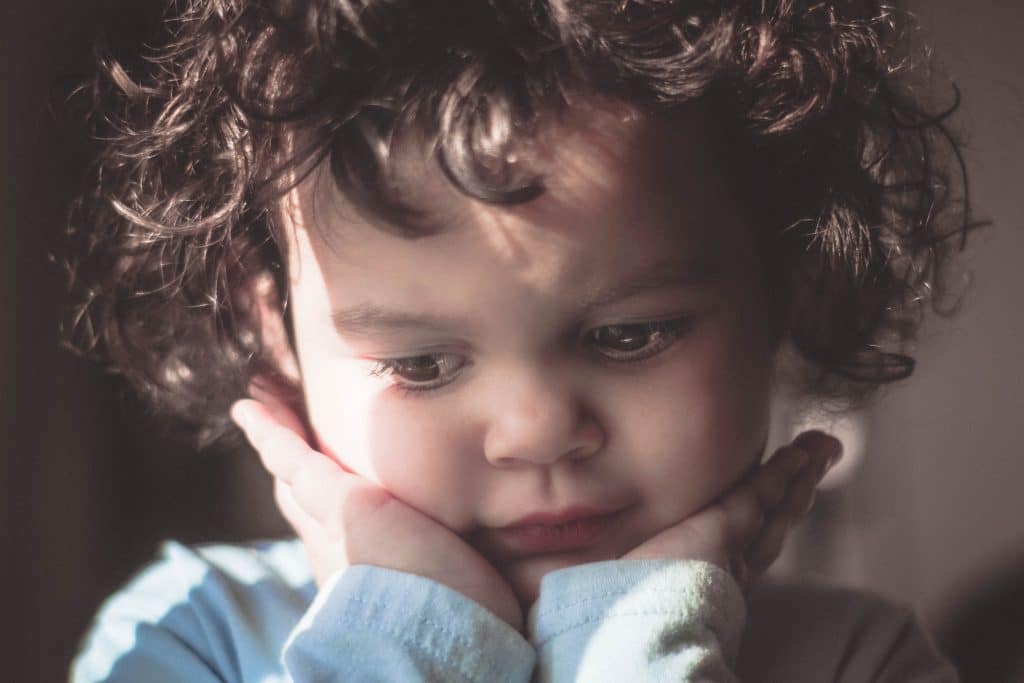Understanding the Emotional Development of Infants, Toddlers, and Preschoolers

Emotional development includes children’s ability to identify, express, and manage feelings about themselves, other people, and their experiences at home and in other settings in which they play and learn.
This includes the emotions a child experiences and how she communicates to them, her understanding of emotions and where they come from, recognizing the emotions of other people, and eventually, regulating or managing her own emotions.
Emotional development is a difficult concept to isolate. Like all development domains in the early years, children’s emotional development grows in conjunction with other kinds of development, most notably social development. These skills are also connected to other domains including cognitive development.
What are some things that you do within the classroom to help children identify their feelings? ○Express their feelings?
○Manage their feelings?
Many educators agree that emotional development is a critical part of a child’s overall development.
Children use their skills now and in the future. With well-developed emotional skills young children can:
- Develop social skills needed to play and learn with others
- Feel and display empathy towards other children and adults
- Resolve conflicts using problem-solving and language skills rather than through physical aggression.
- Regulate and recognize their own emotions, which, in turn, builds a sense of self and healthy self-esteem.
- Focus on learning and achieve success when they move on to kindergarten and school.
